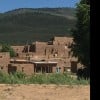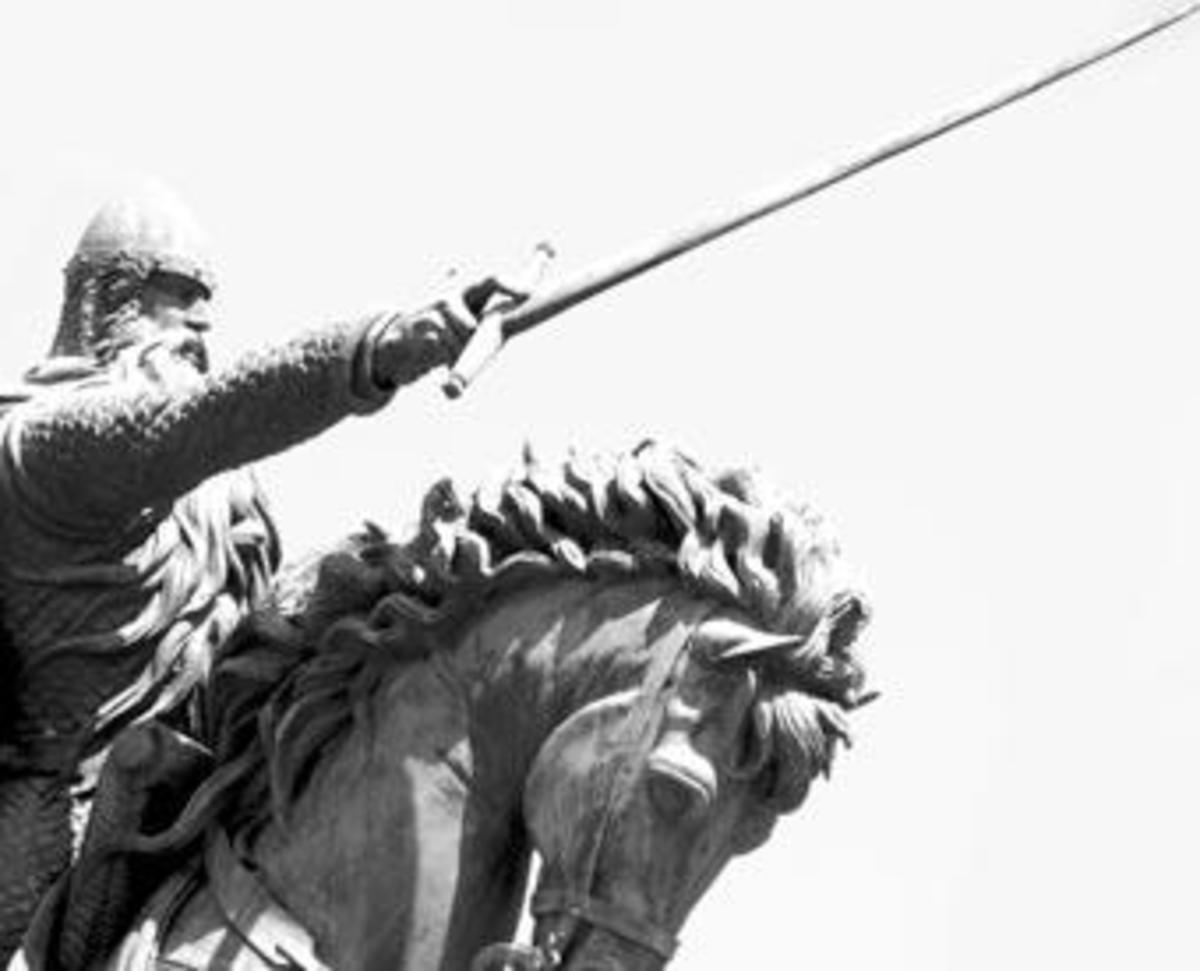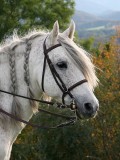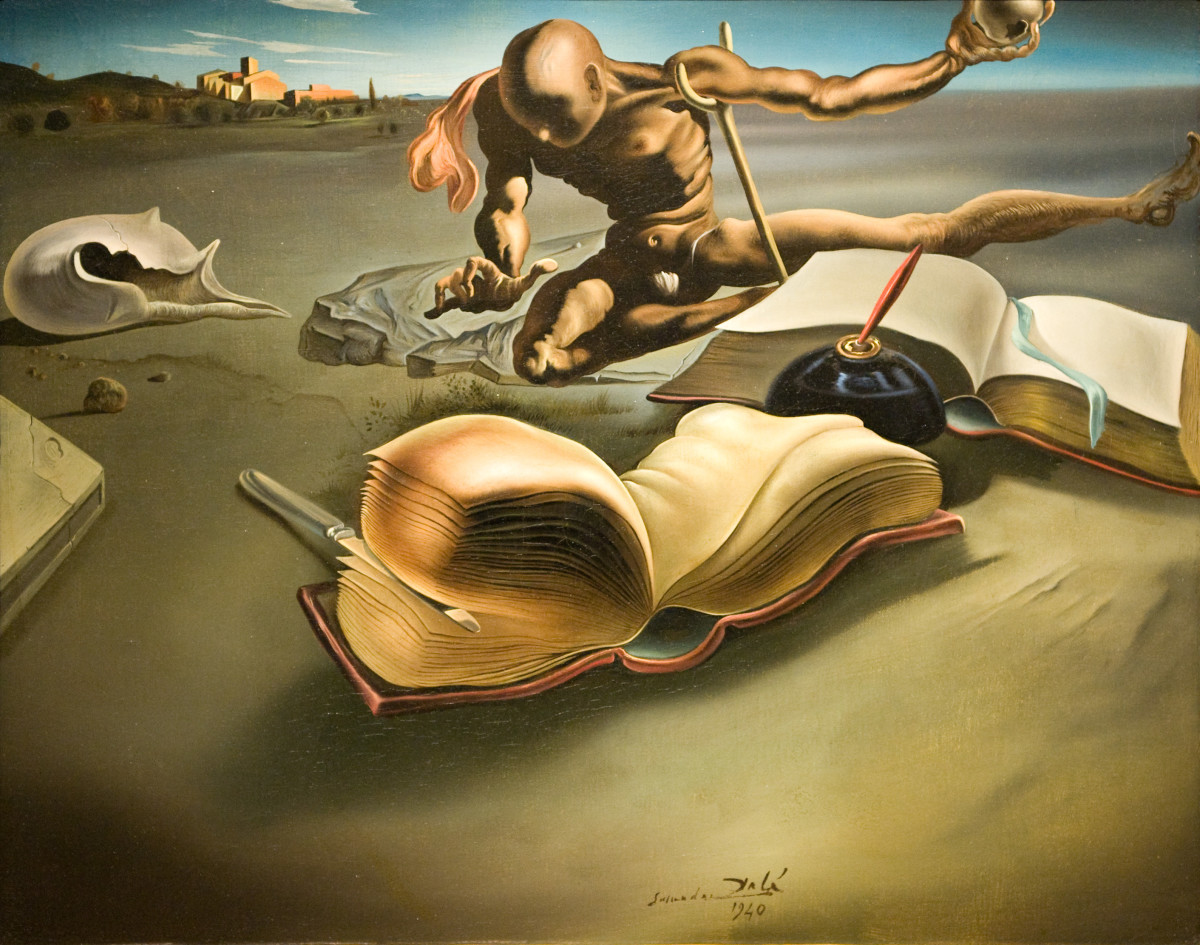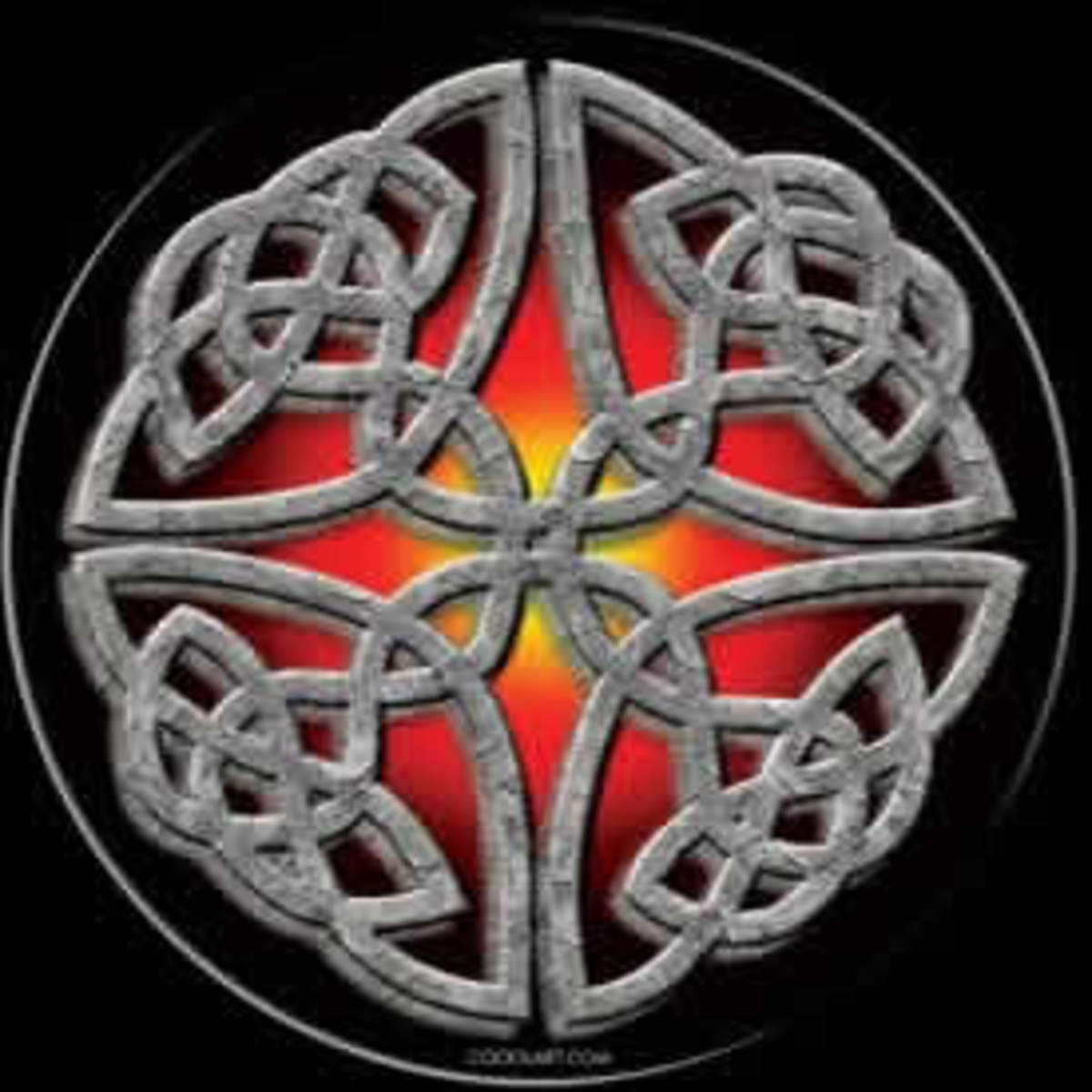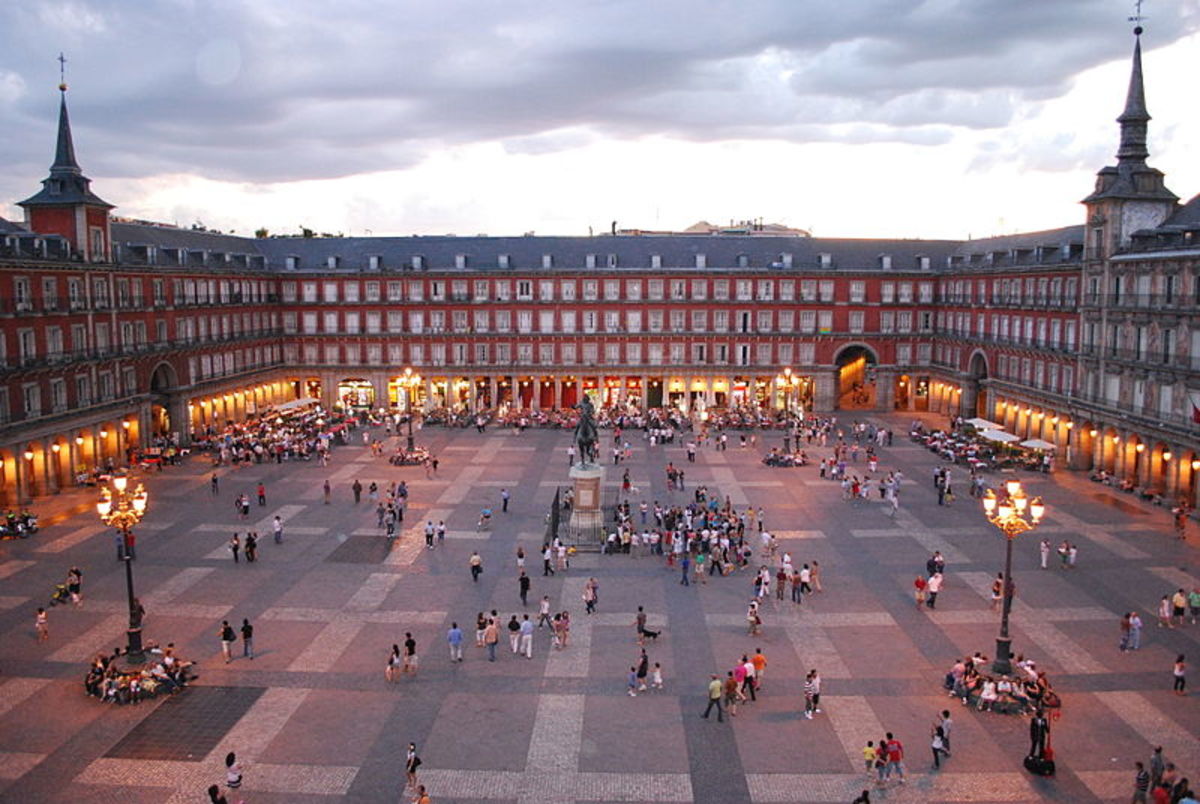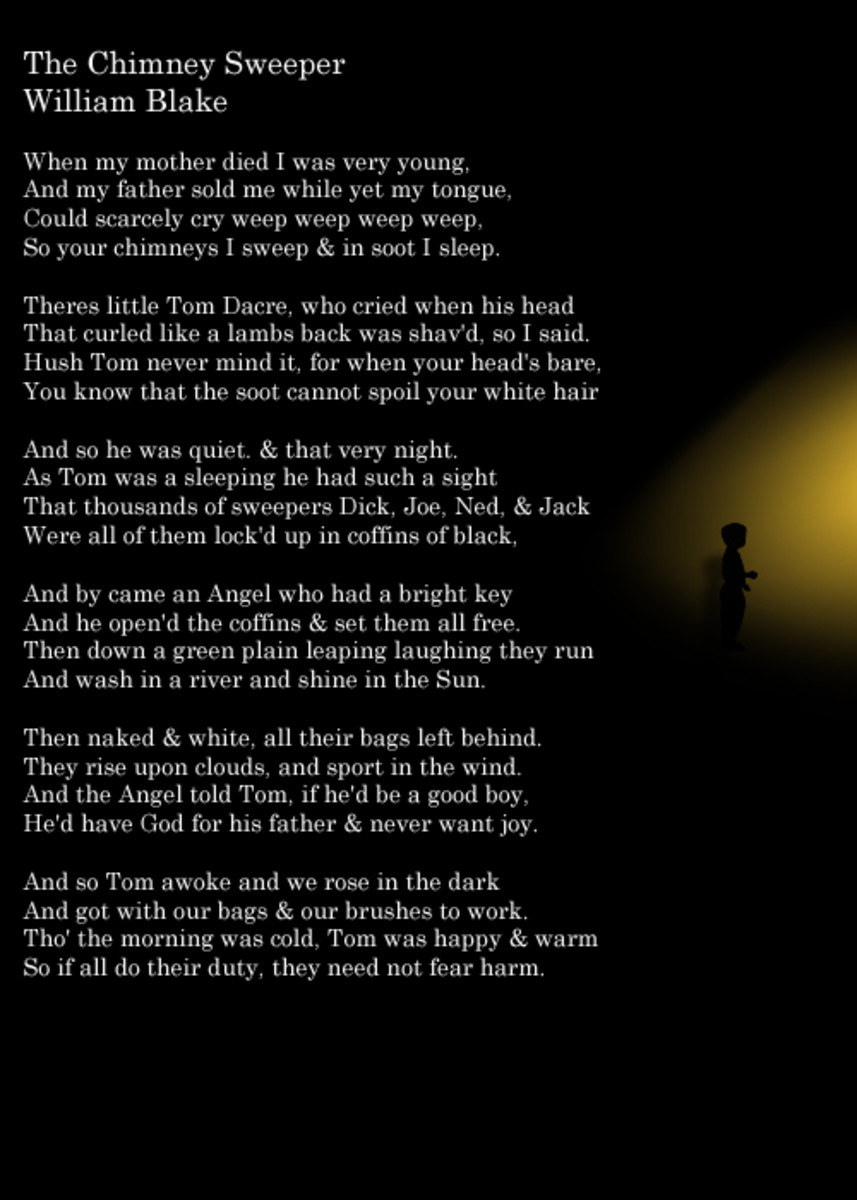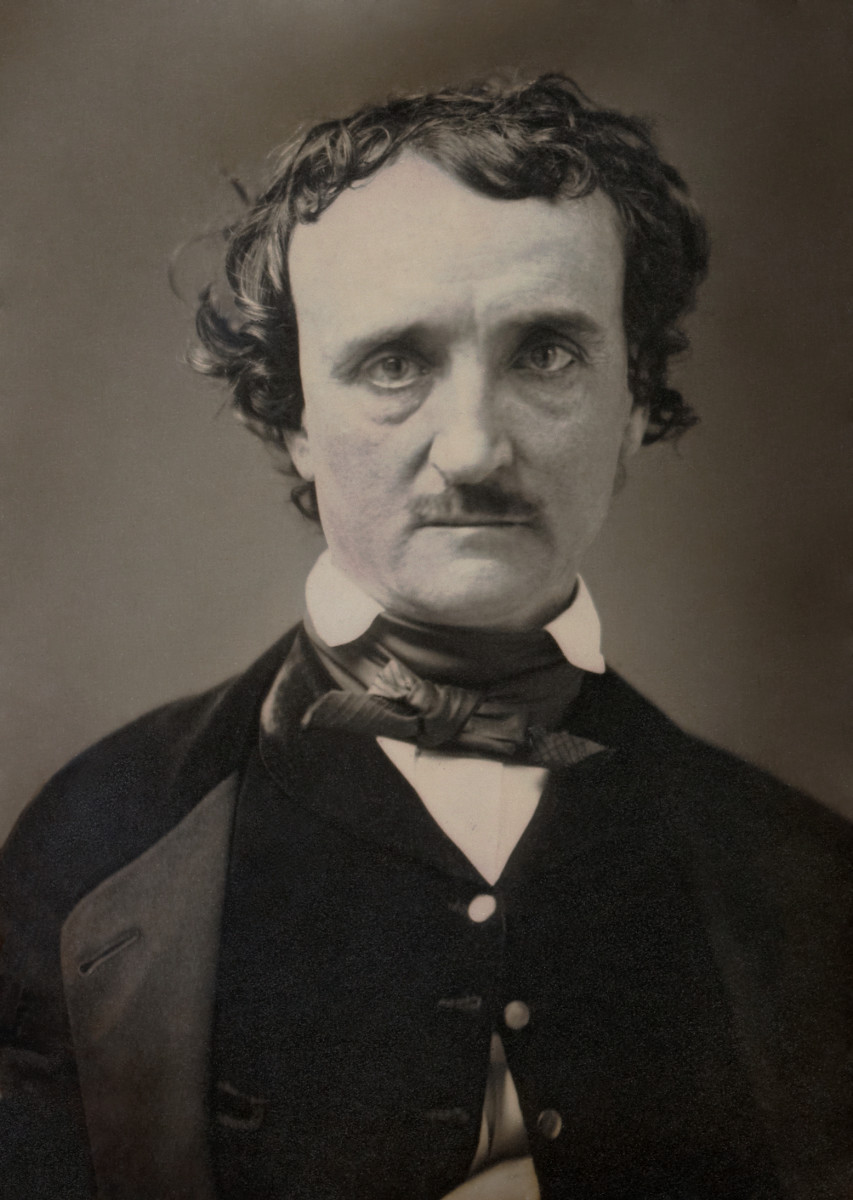Federico Garcia Lorca - Spain's most important 20th century poet
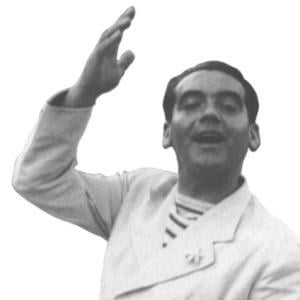
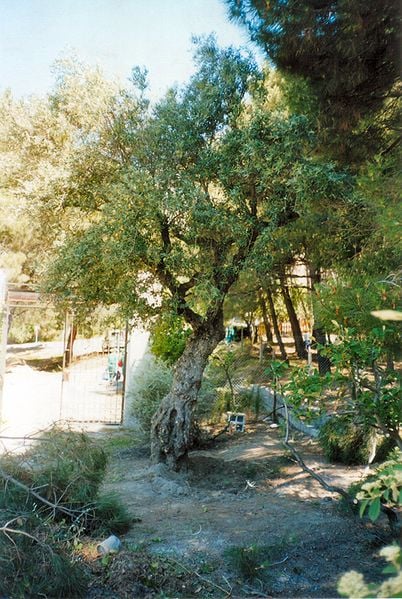
Andalucian Spanish Guitar
- El Cid - Spain's epic hero and poem
Every country and / or people has its epic poem that defines its culture, values, and heroism. One of the most famous epic poems in the English language is Beowulf. In the Spanish culture and language, that epic poem is Cantar del Mio Cid (The Poem..
1898 - 1936
Federico del Sagrado Corazon de Jesus Garcia Lorcawas a Spanish 20th century poet, dramatist and theatre director and the most important Spanish poet and dramatist of the 20th century. He was internationally recognized as a member of Generation of '27, a group of artists that exposed him to surrealism. Lorca became another casualty of the Spanish Civil War when he was executed by the fascists at the beginning of the war.
He was born in Fuente Vaqueros, a small town near Granada in Southern Spain in the region of Andalusia. He grew up here and embraced the fierce passion for the Andalusian and Spanish culture of flamenco, gypsies, and bullfighting. He epitomizes the culture of his country and lyrically and poetically expressed this Spanish passion so well in this writings, that Spain considers him their greatest and most important poet.
During high school, he was traveling on an extended field trip with his class to Madrid when the world opened up for him. In Madrid, he embraced all that the capital city of Spain had to offer; the museums, the art, the poetry, the passion of the city. When he returned home, his teacher recommended to his parents that he attend the Residencia de estudiantes, a progressive Oxbridge-inspired school in Madrid. So in 1919, he went off the this school in Madrid.
Here Lorca met and befriended Manuel de Falla, Luis Bunuel and Salvador Dali and other creative artists who would become influencial across Spain. He became particularly close ot Salvador Dali. Many believe they entered into an intimate, passionate relationship. Dali once said that his friendship with Lorca had a strong element of mutual passion but he rejected the erotic advances of the poet. So, you figure it out!
In the meantime, regardless of any personal relationship he and Dali did or did not have, he wrote some early plays that were not well accepted by the public or the artists and in 1921 he wrote and published his first book of poetry. Libro de Poemas (Book of Poems) was a compilation of poems based on Spanish folklore. After the publication of this poetry book, Lorca became involved in Spain's avant - garde.
In 1928, he published two poetry collections - probably the most important of his career. He published "Canciones" (Songs) and "Romancero Gitano" (Gypsy Ballads). It is this second one that became his best known book of poetry. It is full of gypsy culture and flamenco, the folkloric dance of Andalusia. It is a highly stylized written work of the ballads and poems that were still being told throughout the Spanish countryside. Many of these poems from Andalusia had been in existence since the Middle Ages. Lorca described the poetry as, "a carved altar piece" of Andalusia with gypsies, horses, archangels, planets, breezes, rivers, crimes, "where the hidden Andalusia trembles".
This book, "Gypsy Ballads", brought him fame across Spain and the entire Hispanic world. The resto of his life, Lorca would search for the elements of Andaluce culture, trying to find its essence without resorting to the "picturesque" or cliched "local color." He was trying to find the earth of Andalusia and its people and culture.
With the success of "Gypsy Ballads" came a rift and estrangement from Salvador Dali and a breakdown of a love affair with sculptor, Emilio Soriano Aladren. This brought on a depression and anguish over his homosexuality. He felt he was trapped between his public persona of a successful author which he was forced to maintain in public and his tortured, authentic self, which he could only acknowledge in private.
His family was so concerned about his mental health that in 1929-30 they arranged form him to take a long visit to New York City. Here, he enrolled in Columbia University School of General Studies. He studied English but was really more absorbed by writing. In the Harlem section of NYC, Lorca found connection between the Spanish deep songs and African-American spirituals he heard here an his Andalusian poetry.
His "Poeta in Nueva York",(A Poet in New York), published after his death in 1942, is full of tortured, ambiguious and deliberately dissonant surrealist poems. They explore the alienation and isolation through some graphically experienced poetic techniques.
He returned to Spain in 1930, which also coincided with the re-establishment of the Spanish Republic. Upon his return, Lorca was appointed and as director of a university student theater company, La Barraca, which he helped to co-found. It toured Spain's cities and rural areas to introduce audiences to radical modern interpretations of classic Spanish theatre. After his work in NYC and Harlem, Lorca had been transformed in to a passionate advocate of the theatre of social action.
It was during his time touring with this theatre that he wrote his best plays, "Blood Wedding", "Yerma" and "The House of Bernarda Alba." All three plays reblled against the norms of bourgeois Spanish society. These works challenged the accepted role of women in society and explored taboo issues of homoeroticism and class.
By 1936, Lorca wrote and published. "Sonnets to his dark love." These were believed to have been inspired by his passion for Rafael Rodriguez Rapun, but recent documents discovered in 2012, suggest the actual inspiration was Juan Ramirez de Lucas, a 19 year old with whom Lorca hoped to immigrate to Mexico. The actual sonnet writing was inspired by the 16th century poet, San Juan de la Cruz.
Lorca left Madrid for Granada three days before the Spanish Civil War broke out in 1936. He knew he would be suspect to the rising right wing, the fascists, for his outspoken liberal views. He refused to hide his liberal views or homosexuality, while continuing to write. He was arrested by the Nationalists militia (Francisco Franco's side) and was executed on August 19, 1936. He was executed with three others at Fuente Grande (Great Fountain) on the road , between Viznar and Alfacar.
In 2009 and 2012, Lorca's family had the grave excavated, but his remains have never been found. It is a mystery today as to where his burial remains really are located and / or buried.
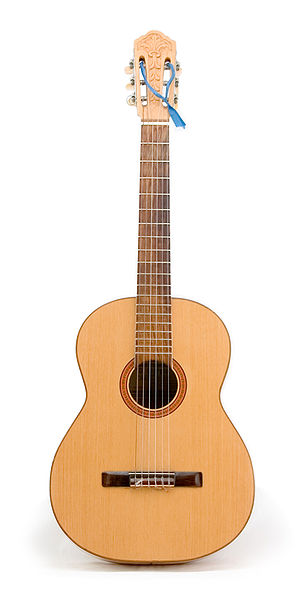
Do you enjoy Lorca's poetry?
Lorca's poetry and plays
Romancero Gitano (Gypsy Ballads) is Lorca's great work of poetry that shows us his great passion for Andalusia. Here he describes for us his beloved Andalusia and Spain, but especially Andalusia, the region from which he comes. This collection of poetry is profoundly Analusian and the poems are richly somber in their mood and imagry and disquieting in their projection of a part-primitive, part-private world of myth moved by dark and not precisely identifiable forces. The poems express his personal anguish as well as a superb rhythmical nd linguistic sense.
"The Guitar"
The weeping of the guitar
begins,
The goblets of dawn
are smashed.
The weeping of the guitar
begins.
Useless
to silence it.
Imossible
to silence it.
It weeps monotonously
as water weeps
over snowfields.
Impossible
to silence it.
It weeps for distant
things.
Hot southern sands
Yearning for white camelias,
Weeps arrow without target
evening without morning
and the first dead bird
on the branch.
Oh guitar!
Heart mortally wounded
by five swords.
~~~~~~~~~~~~~~~~~~~~~~~~~~~~~~~~~~~~~~~~~~~~~~~~~~~~~~~~~~~~~~~~~~~~
"Song of the Barren Orange Tree"
Woodcutter,
Cut my shadow from me
Free me from the torment
of seeing myself without fruit.
Why was I born among mirrors?
The day walks in circles around me,
and the night copies me
in all its stars
I want to live without seeing myself.
And I will dream that ants
and the thistleburrs are my
leaves and my birds
Woodcutter.
Cut my shadow from me.
Free me from the torment
of seeing myself without fruit.
Blood Wedding
Federico Garcia Lorca was also a great playwright, although he got off to a shakey start. In 1919-20 he wrote and staged his first play,"The Butterfly's Evil Spell." It was written in a verse / play form, but it was unsuccessful and closed after four performances. It was not just unsuccessful, it was laughed out of Madrid by the critics. Lorca, had a very hard time accepting this and it was not until 1927 that he tried his hand at playwrighting again. This time with, "Mariana Pineda", he was successful and the play was very popular at the time. Both of his plays were folk tragedies.
When he returned from his year in NYC, and while touring with La Barraca, he wrote his best three plays, one of which was Blood Wedding. I have read this play in Spanish, and it is a tragedy written in 1932, and performed in Madrid in 1933. After its run in Madrid, it played in Buenos Aires, Argentina, where it was greatly received and very popular. This play was part of a rural trilogy along with "Yerma" and "The House of Bernarda Alba." These are Lorca's best three plays he has written.
As I said, Blood Wedding is a tragedy and also a look at feminism, Lorca style. There are many themes in the play and some of them are:
- The cycle of life and progression of time are illustrated by the simple fact that the entire play is devoted to a wedding.
- Choices we make in life are illustrated by the characters of Leonardo, the bride, and the bridgegroom in the choices they make throughout the play. The bride is conflicted because she forces herself to marry the bridegroom when in reality she is passionately in love with Leonardo. Leonardo, despite being married, is still deeply in love with the bride. Their combined choice is to run away with each other after the marriage because of the latent and pent-up desires from their previous relationship. The bridegroom still loves his bride.
- Deception ties into the theme of choices we make. The bride masks her true love for Leonardo and manipulates the bridegroom to distract herself from Leonardo's passion for her and hers for Leonardo.
- Fate enters into the choice on the bride's part to marry the bridegroom, despite the fact that she still loves Leonardo and this causes the outcome of the deaths of both men in the end of the play.
- Irony is also a theme as the woman tries to choose both men, only to lose both men in the end.
- Nature is a theme because there are references to nature throughout the play. Moon, trees, river, death, beggar woman, vineyard, orange blossoms all enter into nature and this theme. The references to nature reinforce the face that the play is based on a true story.
Blood Wedding is a skewed story and an original work that holds the attention of the audience in a death grip which was the style if Lorca.
Copyright (c) 2012 Suzannah Wolf Walker all rights reserved
Related links
- http://www.guardian.co.uk/culture/FedericoGarciaLorca
- Amazon.com: Federico Garcia Lorca: Books, Biography, Blog, Audiobooks, Kindle
Visit Amazon.com's Federico Garcia Lorca Page and shop for all Federico Garcia Lorca books and other Federico Garcia Lorca related products (DVD, CDs, Apparel). Check out pictures, bibliography, biography and community discussions about Federico Gar - http://www.poets.org/fglor
